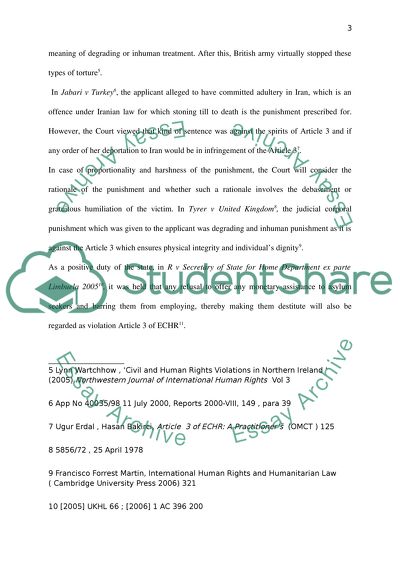Cite this document
(“Human right Coursework Example | Topics and Well Written Essays - 2500 words”, n.d.)
Retrieved from https://studentshare.org/law/1615701-human-right
Retrieved from https://studentshare.org/law/1615701-human-right
(Human Right Coursework Example | Topics and Well Written Essays - 2500 Words)
https://studentshare.org/law/1615701-human-right.
https://studentshare.org/law/1615701-human-right.
“Human Right Coursework Example | Topics and Well Written Essays - 2500 Words”, n.d. https://studentshare.org/law/1615701-human-right.


